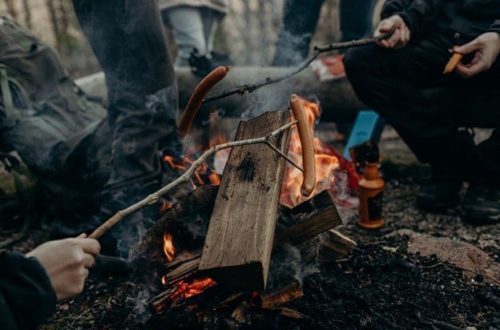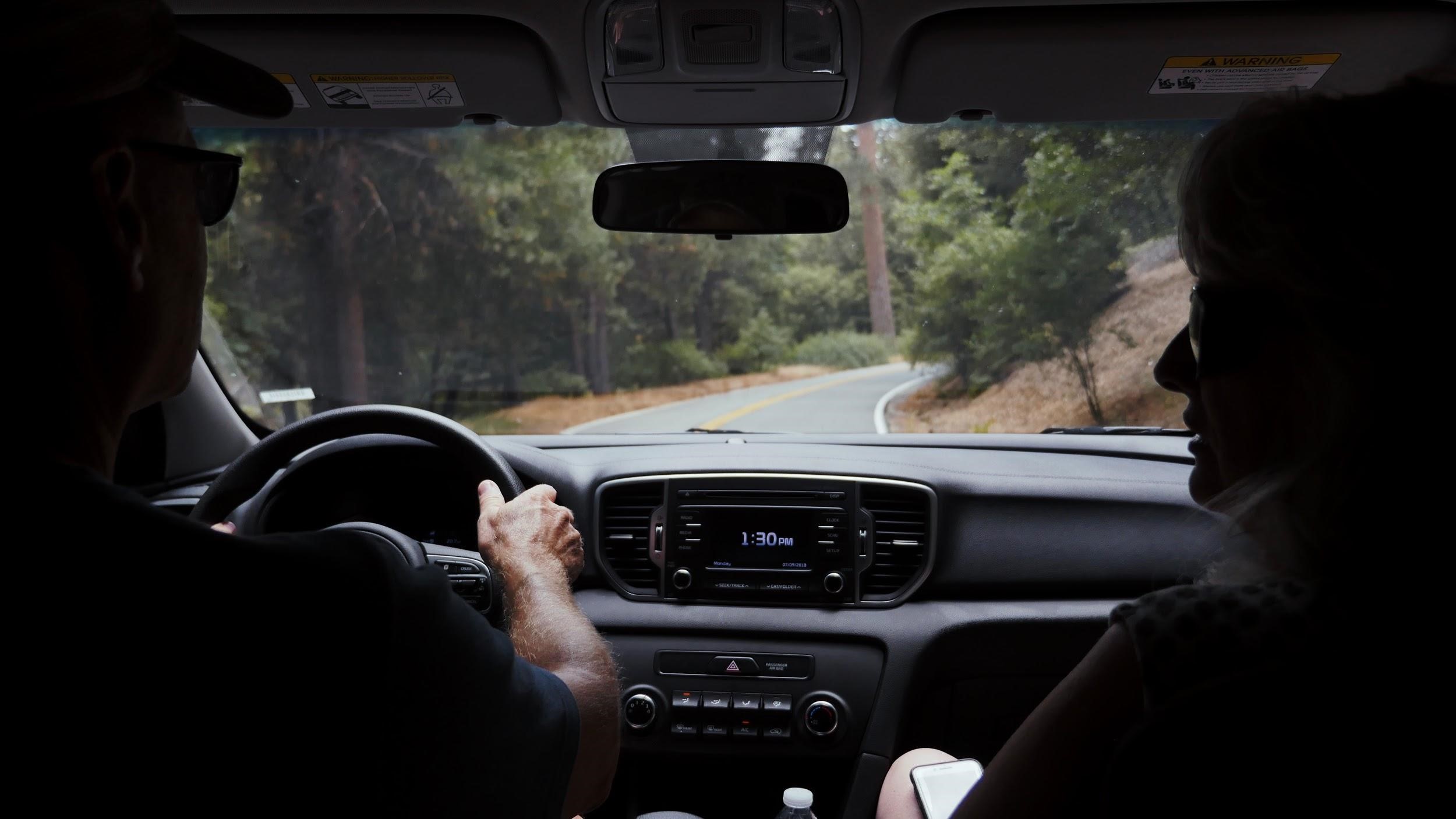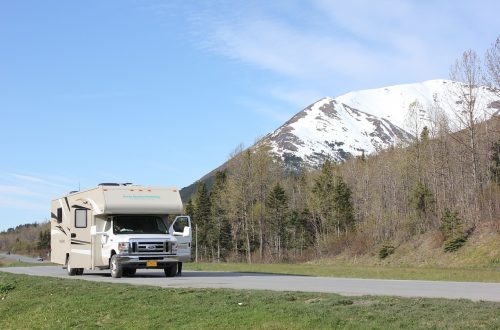
Camping is a great opportunity to spend time with friends and family, relax from the stresses of everyday life, and establish enduring memories. But without the right planning, camping can also be a scary experience for first timers. Being prepared and well-equipped is essential for a successful and pleasurable camping vacation. So, here are some of the most important things you should know before going camping for the first time.
Choose the Right Campsite
The key to a great camping trip is choosing the appropriate campground. Your entire experience may be greatly impacted by the campground you select. If you’re camping with your family, think about things like ease of access, closeness to facilities, and your preferred setting. While some campers prefer more developed campgrounds with facilities like potable water and restrooms, others prefer to camp in the bush far away from society for a more rustic experience.
Make reservations if needed after researching the campsite alternatives at your preferred location, since popular sites fill up rapidly, especially during the busiest camping season. Additionally, look for any limits or laws related to campsites. Various regions may have various policies regarding the use of equipment, campfires, and encounters with wildlife.
Learn Basic Camping Skills
It’s important to pick up some fundamental camping skills before your vacation, even if you’re staying at a campsite with plenty of amenities. Camping will be less stressful and more pleasurable if you know how to set up and take down a tent, create a campfire safely, and prepare basic meals on a camp stove. Before you go into the wilderness, practice these techniques at home or in a controlled setting. Learn how to recognize common flora and fauna, as well as how to navigate in the woods with a map, compass, or GPS device. Knowing these basics guarantees your safety and the preservation of the environment, while also improving your outdoor experience.
Pack the Essentials
Camping requires careful planning, and knowing what to pack can make or ruin your experience. Begin with the essentials, such as camping chairs, sleeping bags, and a tent. Making sure your tent selection is appropriate for the number of people in your group and the predicted weather conditions is very important. Don’t forget to consider the local weather while packing for your camping. Bring layers of clothing for warmth and waterproof gear if rain is predicted.
Essential camping supplies include cookware, good automatic knives, utensils, a camp stove, and a first-aid kit. Don’t forget these items. Bringing enough food and water for the duration of your trip is also vital, as is a method for purifying water obtained from natural sources if needed. Make a checklist to ensure you don’t forget anything vital and consider practicing setting up your tent and camp stove at home before you head out.
Safety First
When camping, safety should always come first, especially for novices. Tell someone you trust about your camping intentions before you go, including where you’re going and when you intend to be back. This safety measure makes sure that someone is aware of your movements and can notify the police if you are unable to return when expected. In case of an emergency, always keep a fully charged cell phone and a portable charger with you, but keep in mind that reception could be spotty in isolated places.
Learn about the various risks in the area, including interactions with wildlife, shifting weather patterns, and difficult terrain. To reduce your influence on the environment, always abide by camping restrictions and observe the Leave No Trace philosophy. When it comes to wildlife, remember to keep a safe distance, and never feed wild animals, as this can disrupt their natural behavior and pose risks to both humans and animals.
Leave No Trace
Although it’s important to camp appropriately, camping is a great way to enjoy nature. While enjoying the outdoors, remember to minimize your impact on the environment by following the Leave No Trace principles. These values include appropriately disposing of rubbish, showing consideration for wildlife, sticking to authorized pathways, and preserving natural and cultural resources. You can contribute to preserving nature’s beauty for enjoyment by future generations by adhering to these guidelines.
Pack out everything you carry and anything you create while traveling to ensure proper disposal of rubbish. Stay on designated routes to prevent causing disruptions to delicate ecosystems or making new trails. In terms of campfires, find out about any restrictions at the location you have selected, and if fires are not allowed, use a camp stove.
Be Prepared for Various Weather Conditions
It’s important to be ready for a variety of weather situations because the weather can be unpredictable. Before you depart, check the weather prediction for the area where you plan to camp, and make appropriate packing plans. Remember to pack rain gear and additional clothing even if the weather is positive. Thunderstorms and sudden cold snaps are examples of extreme weather conditions, thus it’s better to be overprepared than to be unprepared. To keep dry during rainy spells, ensure your tent is adequately seam-sealed and waterproof. For a restful night’s sleep, a high-quality sleeping bag that is suited for the anticipated low temperatures is also essential. For extra warmth when camping in colder weather, think about insulating your sleeping pads.
Respect Others and Enjoy the Experience
Remember that camping is a chance to appreciate the great outdoors and establish a connection with nature. Respect other campers’ space by keeping noise levels low, being quiet during designated times, and following camping guidelines. Naturally occurring environments are noisy places, thus even a seemingly inconsequential talk might annoy others there to enjoy the peace. Take time to enjoy the sights and sounds of nature, go on nature treks, and stargaze as you embrace the experience. Get the most out of your camping vacation and have some truly memorable experiences by leaving your electronics behind or using them sparingly. By cutting off from technology, you can improve the quality of your camping experience by strengthening your bonds with the people you’re camping with and the natural world.
If you are aware and well-prepared, going on your first camping trip can be an exhilarating journey. You can make your first camping trip memorable and pleasurable by picking the ideal location, packing the necessities, picking up some basic camping skills, putting safety first, adhering to the Leave No Trace philosophy, being ready for all kinds of weather, and showing respect for other people and the environment. So, pack your belongings, and your loved ones, and get ready to experience the connection to nature that comes with camping. Your first camping trip can be the beginning of a lifetime love affair with the great outdoors if you approach it with thoughtful preparation and an adventurous spirit.



